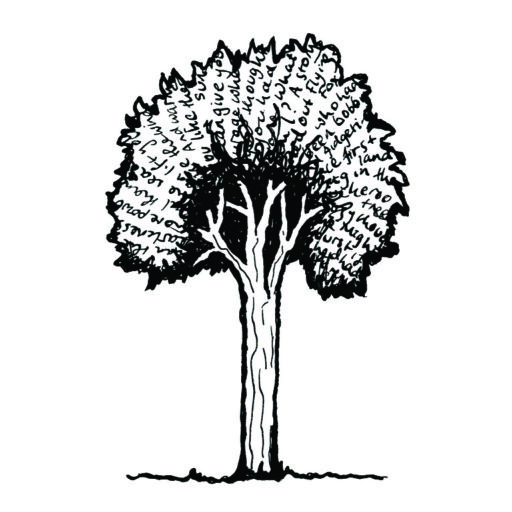
Wild: An elemental journey flees headlong into the jungles of the Amazon, before trekking to the stark whiteness of the Canadian Arctic, plunging into the ultramarine depths of the ocean, expanding out into the stillness of the Australian deserts, and then ascending the rugged terrain of the West Papuan mountains. And then, once in these far-flung places (selected to roughly correspond with the elements of earth, ice, water, fire and air), the story takes us on an eclectic dance, a rousing song, of what is fascinating, beautiful, ludicrous, intrinsic and compelling about the people and nature in each location.
I was following that wild call, familiar to us all: the young, the old, the sad, the curious, the footloose and all who yearn to just bugger off for a while. – Jay Griffiths
The descriptions are alert and alive, avoiding the routine superlatives, and giving a fresh perspective. E.g., for rainforest:
“…every protuberance and root is a sucker for rain, a snorter of warmth, a guzzler of mould… Everywhere you look, the air is crazy with leaves, tumbling and high-spirited, burgling the light.”
Coral reef fish…
“Streams of fish, tinkly like a honky-tonk piano, jingle past in a second and are gone… Gulping under a rock is a black-spotted moray eel, with a mad look in its eye.”
Central Australia in the evening…
“Orange was mixed with purple and magenta in a shy and surprising consonance.”
and then at night:
“The myriad stars in the desert are dots of sharp staccato light, reckless in their generosity.”
The wild natural areas are described directly by Griffiths, but also largely through the lives and beliefs of the indigenous people of each place. The author takes aim at the Western view of nature – as a thing that is dangerous, uncivilised and simply a material resource to be used (a belief system heavily influenced by Christianity) – and compares this with indigenous perspectives of nature as nurturing, wise and sublime. For example, an Amazonian creation myth has Wanamei, the ‘World Tree’, the saviour of humans, sprouting from the vagina of a virgin, after its seed is dropped into her by a parrot. Compare this to the Old Testament tale of the Tree of Knowledge as the source of Original Sin, which is transmitted by a woman, and results in the pain and suffering of humanity. Is it any wonder that fear of trees / the desire to remove them seems to be deep in the psyche of many Western people? (Say nothing of the place of women in the world…)
This theme is echoed throughout the book in numerous examples of Christian missionaries striving to ‘save’ indigenous people the world over, by cauterising their connection with nature / traditional culture (which are always intertwined) and at the same time often introducing diseases, alcohol and ennui to indigenous communities, along with the stories of Jesus, Heaven and Hell.
Wild also illustrates how people connect to the land through language. Indigenous Australians have songs that lead them through the desert by tracing the path from waterhole to waterhole. The Inuit that Griffiths visited had at least 15 words for snow and 33 words for ice. This language enriches their lives but also enables their survival: an Inuit hunter who cannot recognise the many different kinds of ice may end up drowning, or drifting away on an icefloe with no means of returning home. In the Amazon, those who can recognise and name many species of plant are called vegetalistas, and are regarded as the wisest people. It is language and culture that enables survival (this plant will cure you; this plant will kill you). And once the language is lost, the connection with nature/the land is greatly diminished.
Griffiths’ writing is by turns rapturous, impatient, angry, blissful, exultant and awe-struck. She loves playing with words – their sounds, their meanings, their histories. The book is like wandering through the Garden of Earthly Delights; it’s a siren song that could drag you off to distant places, a cold shower, a call to arms, a “WAKE UP AND PAY ATTENTION, PEOPLE!” I recommend it to anyone who loves nature, and is curious about the place of humanity in the world.

